The Hazing Prevention Institute™
The Hazing Prevention Institute™ is a two-day, in-person program equipping organization and campus professionals with the tools, strategies, and action plans to prevent hazing. Developed with Penn State’s Piazza Center and led by Emily Perlow, Ph.D., the curriculum blends the latest research with hands-on application to address hazing at the individual, organizational, and community levels.
About the Hazing Prevention Institute™
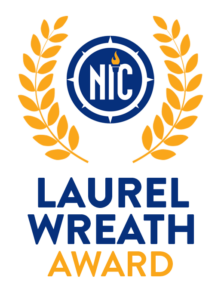
With a history of success in hazing prevention education, Hazing Prevention Network redesigned the Hazing Prevention Institute™ in 2022, commissioning Emily Perlow, Ph.D., to create a two-day curriculum grounded in the latest research and best practices for building comprehensive, campuswide hazing prevention. Developed in collaboration with Penn State’s Piazza Center, the Institute’s research-informed program addresses hazing motivators at the individual, organizational, and community levels, guides participants in applying prevention concepts to their specific context, and equips them with strategies to disrupt hazing cultures. Attendees also gain change management tools and leave with clear, actionable steps to strengthen their hazing prevention programs.
Who Should Attend
Preventing hazing requires a coordinated, campuswide effort. The Hazing Prevention Institute brings together campus and organization professionals from a range of departments to ensure prevention strategies are understood, supported, and implemented across the community. While student affairs and fraternity/sorority life staff are key participants, the Institute also benefits athletics administrators, coaches, residence life staff, campus safety and law enforcement, counseling and wellness professionals, conduct officers, diversity and inclusion leaders, and faculty advisors. Each contributes unique expertise and influence, making prevention efforts more comprehensive, culturally relevant, and effective.
Why In-Person Matters
The Institute’s in-person format creates a dynamic environment for collaboration, candid discussion, and peer learning that simply isn’t possible online. Being together in the same room fosters trust, encourages institution-specific problem solving, and builds lasting professional networks. Facilitators tailor sessions to participants’ policies and cultures, using hands-on scenarios and real-time feedback to deepen engagement, sharpen skills, and unify prevention efforts.
Program Format
Using Penn State’s Piazza Center Horizontal Hazing Model, the Institute examines motivators and deterrents to hazing at every level of campus life. Learning unfolds through large-group sessions and focused small-group work, where participants apply research-based strategies to their own environments. Each attendee leaves with a customized, actionable plan to strengthen hazing prevention on their campus or within their organization.
Outcomes
As a result of participating in the Hazing Prevention Institute:
- Participants will describe individual, organizational, and community level hazing motivators and barriers to hazing reduction.
- Participants will describe three ways the Piazza Horizontal Hazing Model can be applied to their campus/organization.
- Participants will apply the four components of situational strength to their campus/organization and will identify four strategies to disrupt situational strength.
- Participants will identify four change management strategies they can employ in their hazing reduction efforts.
- Participants will create a plan for enacting a comprehensive hazing prevention program. Three months post-institute, participants will report having taken steps outlined on their plan.
About Emily Perlow, Ph.D.
Dr. Emily Perlow is the Vice President and Dean of Students at Worcester Polytechnic Institute, a Lecturer in the Counselor Education and Family Therapy Program at Central Connecticut State University, and is a Research Affiliate in the Center for Student Success Research at the University of Massachusetts-Amherst. She has a Ph.D. in Educational Policy from the University of Massachusetts-Amherst and an MA in College Student Personnel from Bowling Green State University. Her research in the area of hazing focuses on the role hazing plays in the construction and performance of gender identity enacted through adult play behaviors. She most recently co-authored a monograph on hazing prevention and intervention research at the high school and college level. In addition to serving as the co-chair emeritus of the NASPA fraternity/sorority knowledge community, she volunteered for many years with the Association of Fraternity/Sorority Advisors and Alpha Gamma Delta. Her research interests include hazing, masculinity, deviance among college populations, and marginalized populations in STEM.
Completion Credential
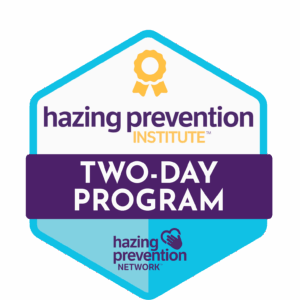 Participants who complete the Hazing Prevention Institute™ will receive a completion credential through Certifier that is available in an online format so that they can retrieve it anywhere, anytime, and use it in a variety of ways including:
Participants who complete the Hazing Prevention Institute™ will receive a completion credential through Certifier that is available in an online format so that they can retrieve it anywhere, anytime, and use it in a variety of ways including:
- Add to your LinkedIn profile
- Share it on social media to showcase your skills
- Download certificate in PDF format for printing
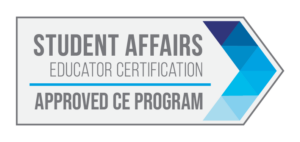 Hazing Prevention Network has been approved by the Higher Education Consortium for Student Affairs Certification to provide CE credit for Certified Student Affairs Educators (CSAEd™). Programs that qualify for CE credit in this program are clearly identified. Hazing Prevention Network is solely responsible for all aspects of this program.
Hazing Prevention Network has been approved by the Higher Education Consortium for Student Affairs Certification to provide CE credit for Certified Student Affairs Educators (CSAEd™). Programs that qualify for CE credit in this program are clearly identified. Hazing Prevention Network is solely responsible for all aspects of this program.
Maximize impact on your community and host the Hazing Prevention Institute™
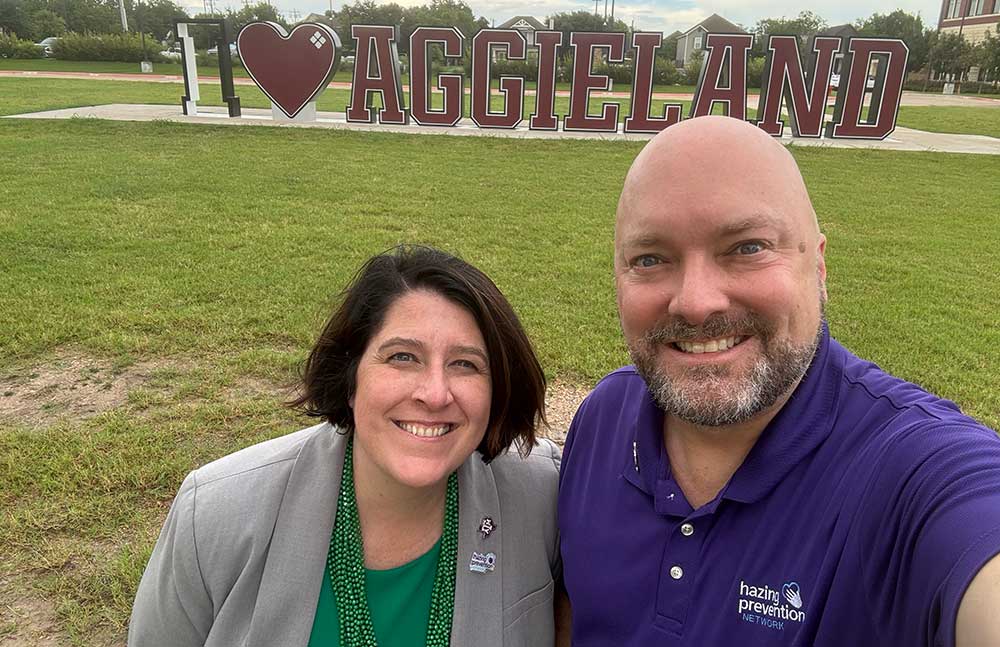
The Hazing Prevention Institute™ is held annually and open to participants from any campus or organization, offering valuable training for individuals committed to ending hazing. For an even greater impact, consider hosting an Institute on your own campus or within your university system. Bringing the program directly to your institution allows staff from across departments—student affairs, athletics, residence life, safety, wellness, faculty advisors, and more—to learn together, address your specific policies and culture, and develop coordinated strategies. This shared experience fosters stronger collaboration, deeper buy-in, and a unified approach to preventing hazing across your entire community. Learn more about hosting the Hazing Prevention Institute™. . .
Hosting the Hazing Prevention Institute at Texas A&M was a great experience. It reaffirmed why I engage in this work — to protect the well-being of our students where every Aggie feels safe, valued, and supported. Being surrounded by others who share their belief in the Core Values of Texas A&M, and engaging in hazing prevention efforts, inspired new ideas and renewed energy for our work.”
Douglas Bell, Ph.D.
Director of Student Community Standards, Texas A&M UniversityCancellation Policy
Once you have completed and submitted the Hazing Prevention Institute registration form, you are considered registered regardless of payment status. Cancellations made prior to April 30, 2026, will result in a refund of all but a $50 processing fee. Cancellations made between May 1, 2026, and June 5, 2026, will result in a refund of 50% less a $50 processing fee. Cancellations made after June 5, 2026, are non-refundable.
Questions?
If you have questions about the Hazing Prevention Institute, contact Todd Shelton, Executive Director.
Hazing Prevention Institute™ curriculum developed for the Hazing Prevention Network by Emily Perlow, Ph.D., in collaboration with the Piazza Center through funding from the Max Gruver Foundation and Phi Delta Theta Fraternity.
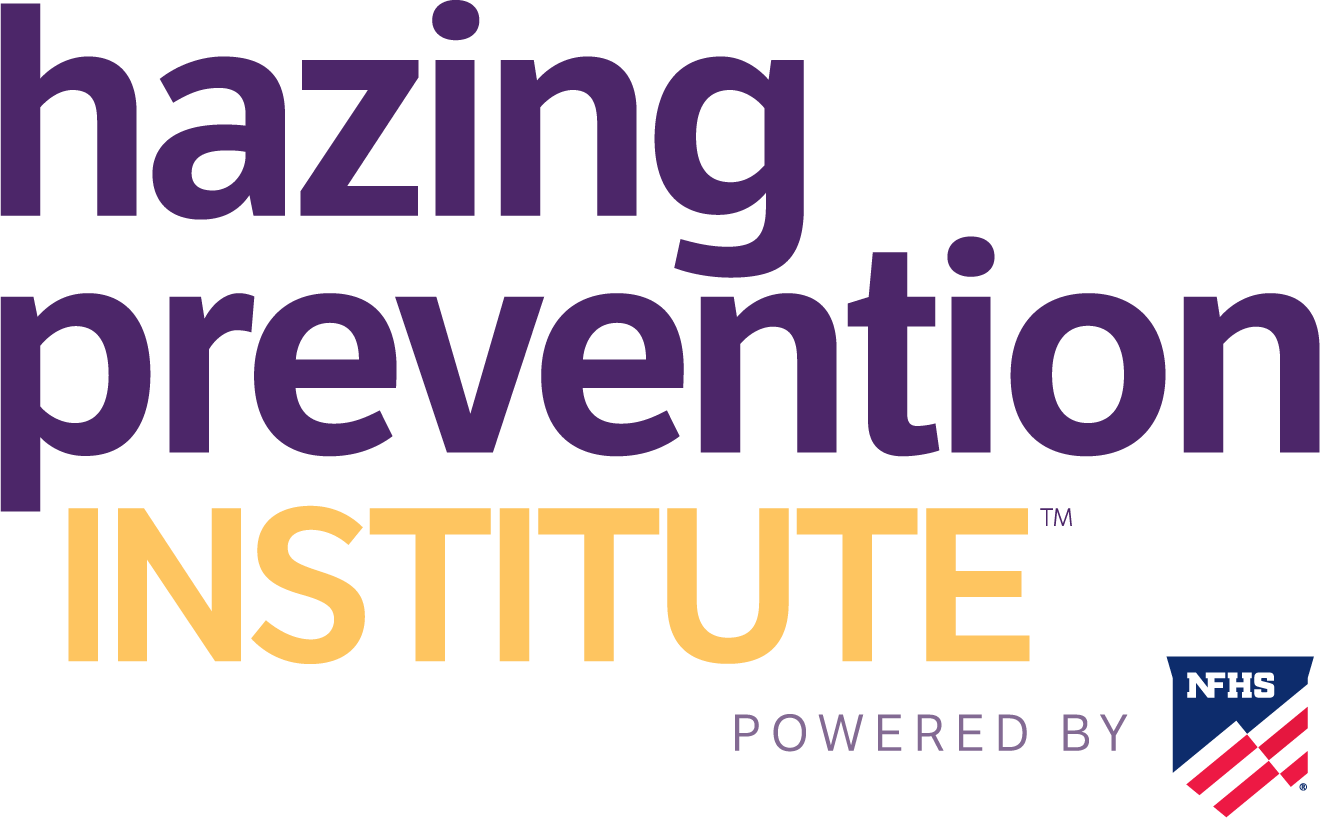
in collaboration with the Penn State’s Piazza Center
June 23-24, 2026
Indianapolis, Indiana
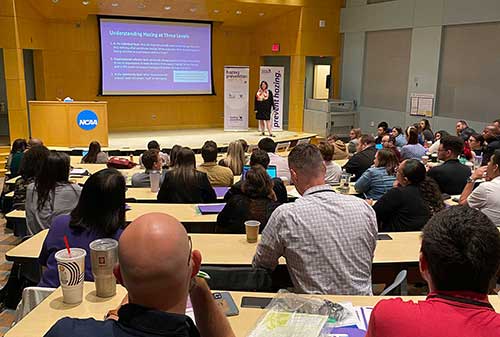
2026 Institute Location
NCAA Hall of Champions
& Conference Center
700 W Washington St
Indianapolis, IN 46204
Registration
Registration is open. If you are registering a group of four (4) or more individuals, email Todd Shelton for a discount code BEFORE starting registration.
Early bird rate: $499 (through March 30)
Regular Registration: $624 (April 1 through May 30)
Late Registration: $749 (June 1 through June 13)
I gained a greater understanding of the ways in which hazing prevention efforts come together. I appreciate the variety in programming - larger sessions mixed with small groups, and always a meaningful keynote. Our team left with new strategic insights and tangible action items to incorporate into our hazing prevention efforts. We are excited to take it all back to campus.”
Tut Wilson
Executive Director of Fraternity and Sorority Life, University of AlabamaI am grateful to have attended the Hazing Prevention Institute and credit much of my success this past academic year to the support, resources, and encouragement I gained from the institute. The research, the networking, and the strategic planning prepared me to return to my campus and hit the ground running. Additionally, I was better prepared to advocate for our areas that needed improvement and provided clear recommendations during conversations with university leadership and campus partners. I would highly recommend attending the Hazing Prevention Institute!”
Kyle McCoil
Associate Dean of Students and Dean of Sophomores and JuniorsProgram Schedule
Download PDF of 2025 schedule here for reference. The 2026 schedule will be available in early 2026.
Hotel
The Hazing Prevention Institute™ has a hotel block ($209/night) available at the Courtyard Indianapolis Downtown—a short walk across the street from the NCAA Hall of Champions & Conference Center.
Courtyard Indianapolis Downtown
601 W Washington St
Indianapolis, IN 46204
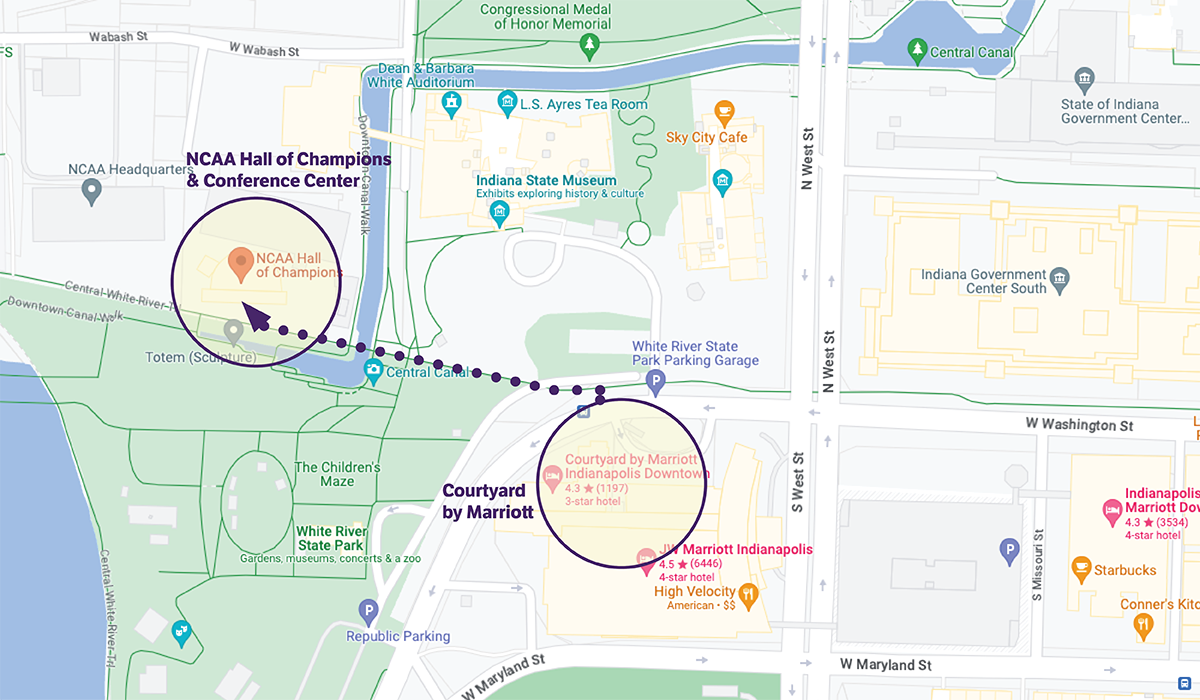
Scholarships available
2026 DEADLINE: March 31, 2026
Harrison Kowiak tragically died as a result of hazing in college. Harrison’s family offer the Harrison Kowiak Annual Scholarship for individual(s) interested in hazing prevention to attend the Hazing Prevention Institute. The scholarship includes two nights hotel accommodations, a travel stipend up to $500 and the event registration fee.


